Events 2024-25

Freedom, Democracy and Economic Performance in the 21th Century
25/11/2024
Tim Besley
+
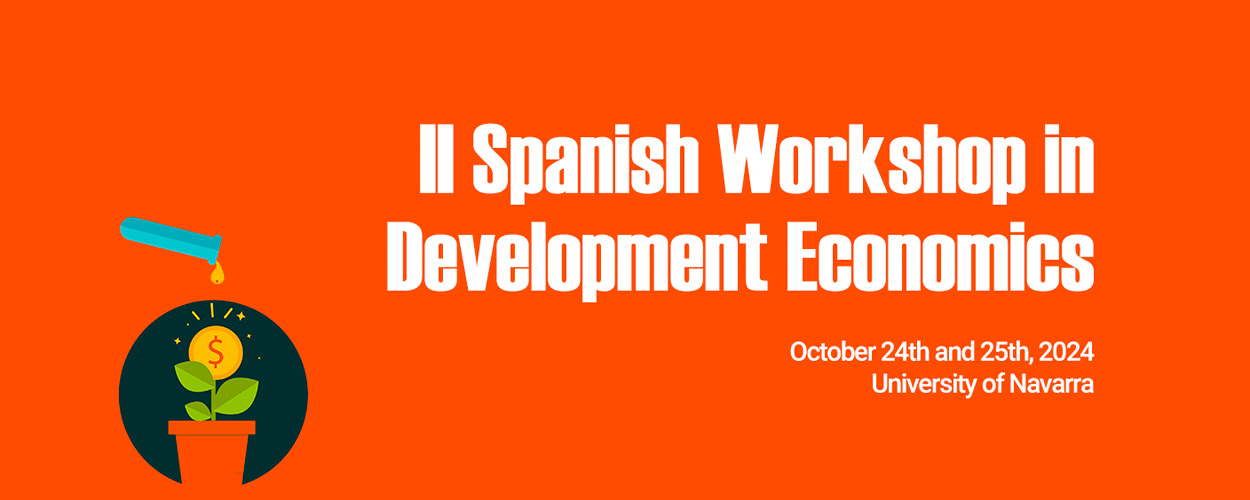
II Spanish Workshop in Development Economics
24/10/2024 al 25/10/2024
Enrique Seira & David Evans
+
“Generosity and Wealth: Experimental Evidence from Bogotá Stratification"
07-10-2024
Mariana Blanco (University of Turin)

Private Colonialism in Africa
02-10-2024
Elías Papaioannou (Professor of Economics, London Business School)
+
Events from previous courses

Causes and Consequences of Policy Uncertainty: Evidence from McGirt vs. Oklahoma
11-06-2024
Dominic Parker (Professor of Applied Economics at University of Wisconsin-Madison)
+

Externalities of Marijuana Legalization: Marijuana Use in Non-Legalizing Statesk
20-05-2024
Elaine M. Liu (Professor of Economics at University of Houston)
+
Do Homebuyers Value Energy Efficiency? Evidence From an Information Shock
26-04-2024
Brendon McConnell (Associate Professor in the Economics Department at University of London)

The End of Oil
25-04-2024
Ryan Kellogg (Professor at the University of Chicago Harris School of Public Policy) (Research Associate at the National Bureau for Economic Research)
+

If You Only Have a Hammer: Optimal Dynamic Prevention Policy
20-03-2024
Christopher Rauh (Faculty of Economics, University of Cambridge)
+
Immigration and Worker Responses Across Firms: Evidence from Administrative Records in Colombia
13-02-2024
Lukas Delgado-Prieto (Universidad Carlos III de Madrid)
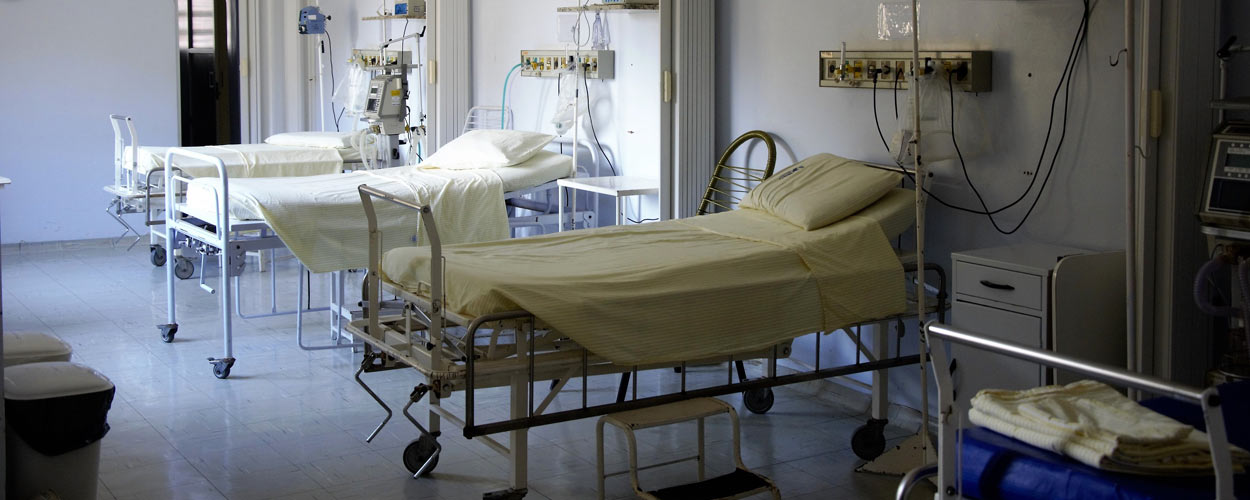
Cost-Sharing in Medical Care Can Increase Adult Mortality: Evidence from Colombia
12-02-2024
Marcos Vera-Hernandez (University College London)
+
Long-Run Effects of Land Redistribution: Evidence from India
07-02-2024
Kartikeya Batra (University of Maryland)

Incentives Justifying Nonconformity: Experimental Evidence from Motortaxi Organizations in Uganda
05-02-2024
Claude Raisaroa (Stockholm School of Economics)
+

Does Performance Evidence Motivate? A Field Experiment in Guinea-Bissau’s Health Sector
29-01-2024
Mattia Fracchia (Nova School of Business and Economics)
+
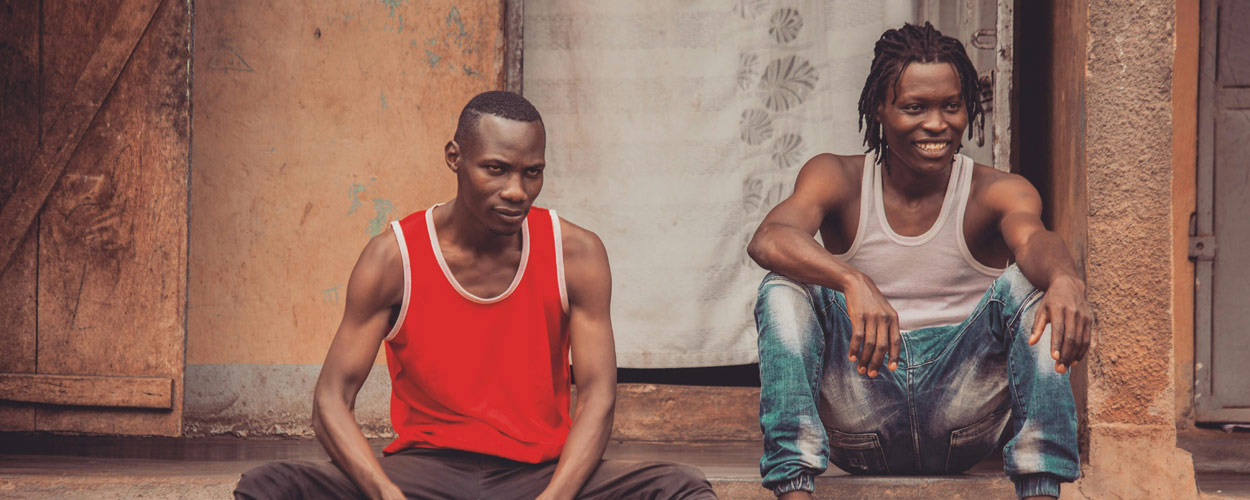
Information, expectations and preferences: occupational choices of young adults in Uganda
26-01-2024
Cristina Clerici (Stockholm School of Economics)
+

Accepting the unacceptable: Does intimate partner violence shape the tolerance of violence?
24-01-2024
Eugenia Frezza (Trinity College Dublin)
+
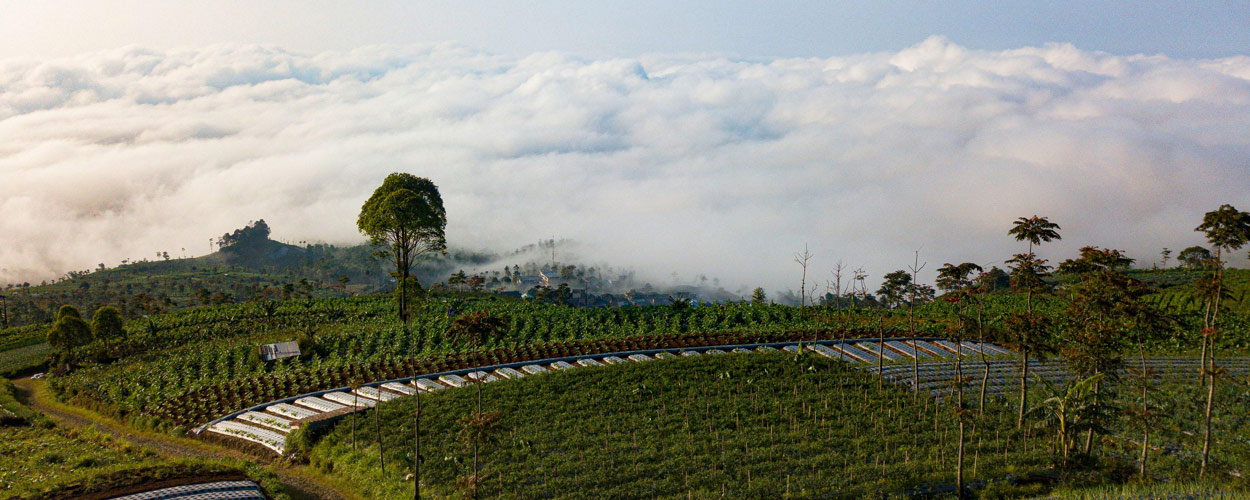
Throwing gasoline on the cocaine production: the effect of a supply shock on violence
22-01-2024
Monica Beeder (Norwegian School of Economics)
+

Hidden moral costs of control: Field evidence from performance appraisals in the public sector
13-11-2023
Marcela Ibanez (University of Göttingen)
+

Changing Phenology: Evidence from Nigeria
5-10-2023
Ivan Kim Taveras (Bocconi University)
+

Mobile Internet and Political Polarization
4-9-2023
Nikita Melnikov (Universidade NOVA de Lisboa)
+

Fairness in times of crisis: Negative shocks, relative income, and preferences for redistribution
9-2-2023
Anna Hochleitner (University of Nottingham)
+

Nation-Building Through Military Service
31-1-2023
Juan Pedro Ronconi (Brown U)
+

Medicaid for middle-class families? Job loss and health insurance coverage of parents and children
30-1-2023
Mariana Zerpa (KU Leuven)
+

Legal uncertainty and its consequences: A natural language processing approach
27-1-2023
Maximiliano Sosa (Uppsala)
+

The Effect of a Conditional Cash Transfer on Child Marriage: Evidence from Mexico
25-1-2023
Dalila Bernardino (EUI)
+
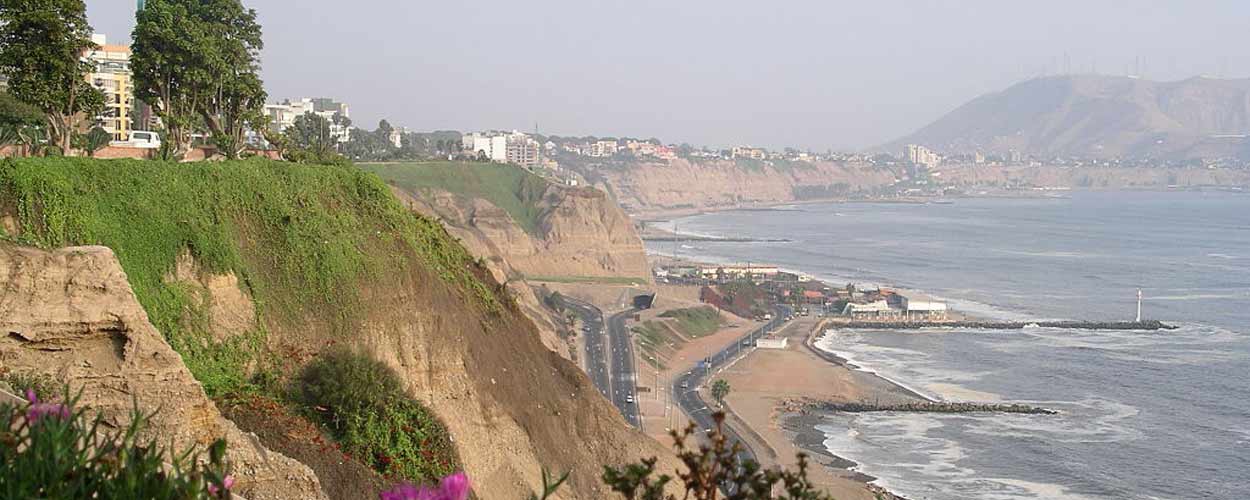
Labor Market Power, Self-employment, and Development
13-12-2022
Francesco Amodio (McGill University)
+

Comparative Advantage and Technology Diffusion: a Menu-based Approach to Dissemination
14-11-2022
Karen Macours (Paris School of Economics)
+

The Role of Meritocracy and Pay Progression in the Public Sector
10-10-2022
Gianmarco León-Ciliotta (Universidad Pompeu Fabra)
+
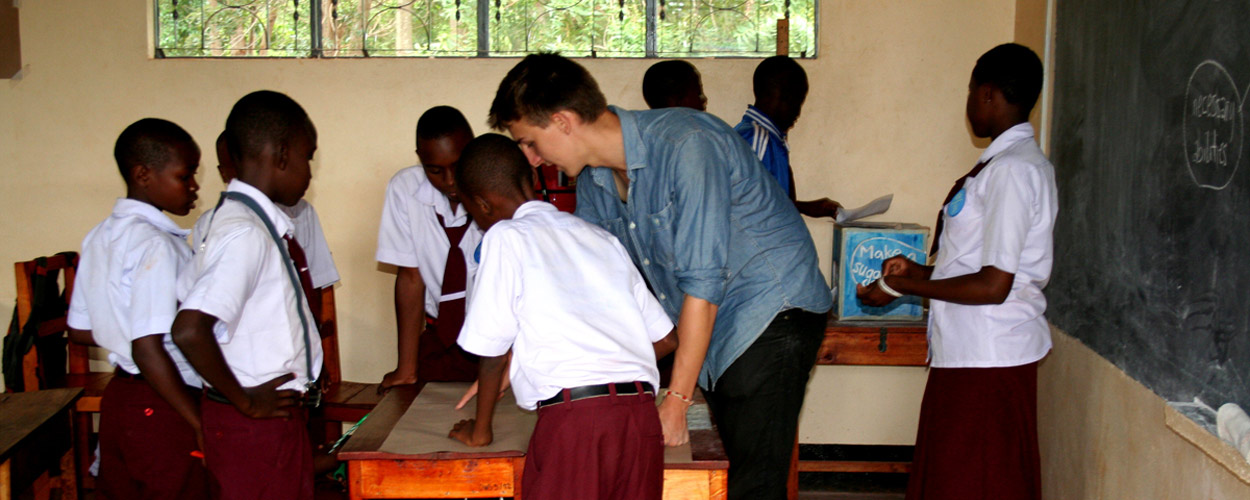
Secondary School Access Raises Primary School Achievement in Tanzania
12-9-2022
Wayne Sandholtz (Nova School of Business and Economics)
+

Stay, split or strike: theory and evidence on secessionist vs centrist conflict
13-6-2022
Sabine Flamand (Universitat Rovira i Virgili)
+
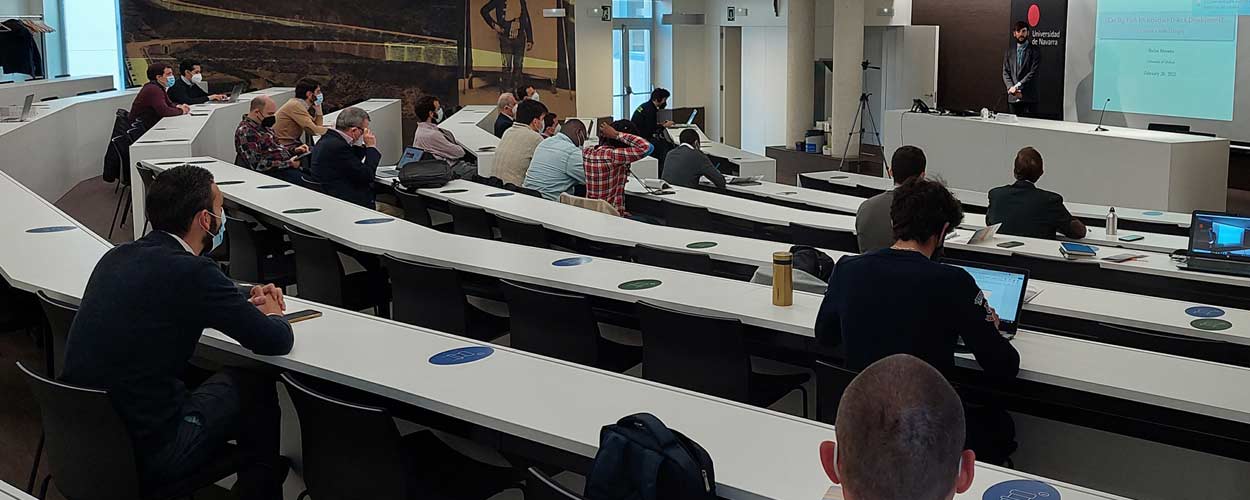
Who Watches the Watchmen? Local News and Police Behavior in the United States
9-5-2022
Nicola Mastrorocco (Trinity College)
+
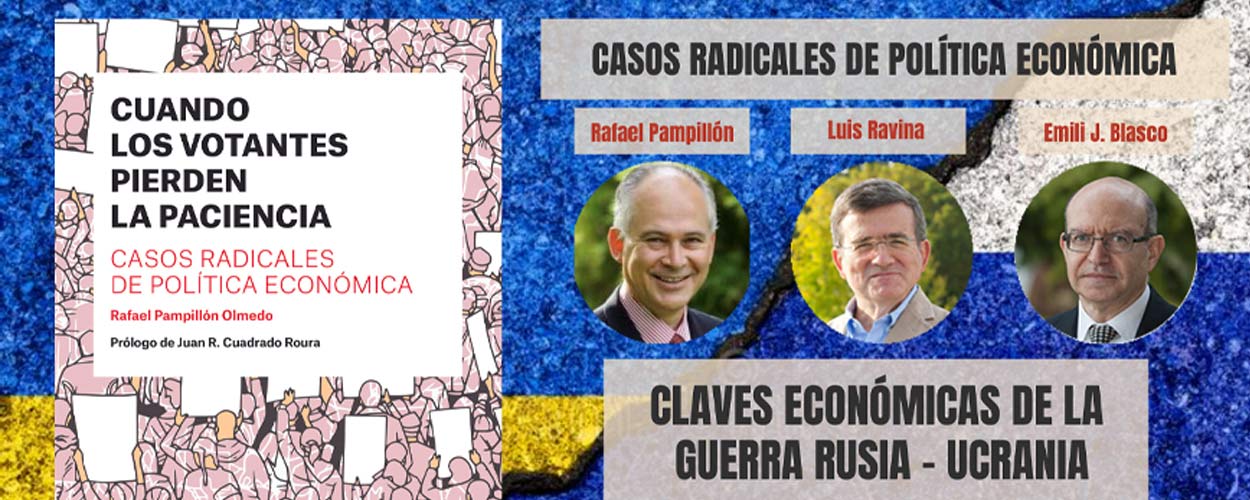
Claves económicas de la guerra Rusia - Ucrania
16-3-2022
Rafael Pampillón (IE Business School), Luis Ravina (Universidad de Navarra) y Emili J. Blasco (Universidad de Navarra)
+
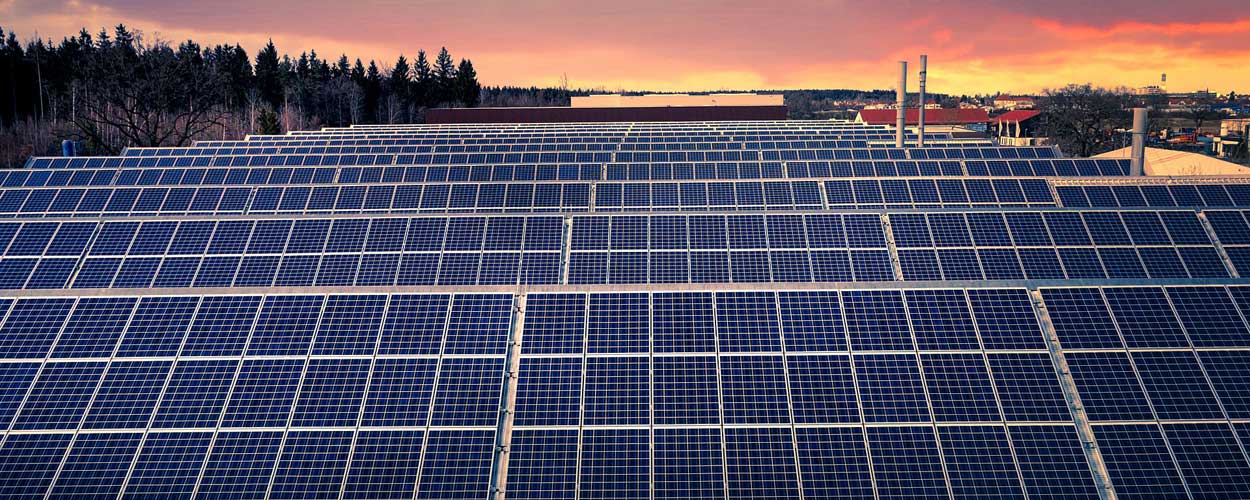
Energy and Environmental Issues in Developing Countries
28-2-2022
Niclas Moneke, Jevgenijs Steinbuks, Jacopo Bonan, Carlo Andrea Bollino, Raúl Bajo-Buenestado, Paloma Grau, Luis Ravina
+

Urban deprivation: from Earth Observation to Urban Policies
10-12-2021
Monika Kuffer, Stefanos Georganos, Pere Roca, Anthony Boanada-Fuchs
+

Checks and Balances and Nation Building
30-11-2021
Agustín Casas (CUNEF Universidad)
+
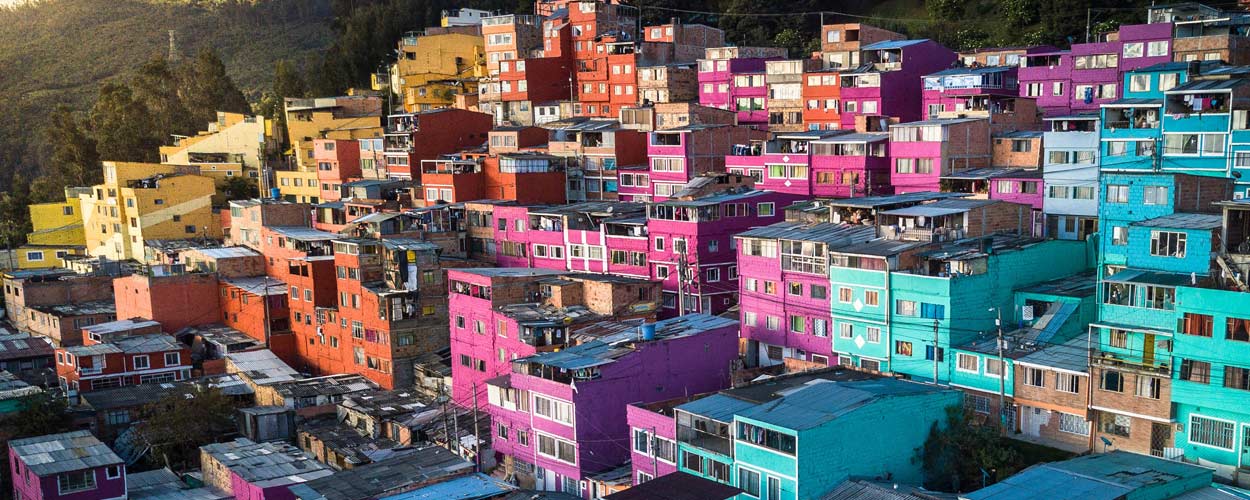
The trend-cycle connection
4-10-2021
Hernán Seoane (UC3M)
+

Educational Mobility Across Multiple Generations in Indonesia
13-9-2021
Jan Stuhler (UC3M)
+
Raúl Bajo, NCID researcher: "Three quarters of the 800 million people without access to electricity are in Sub-Saharan Africa"
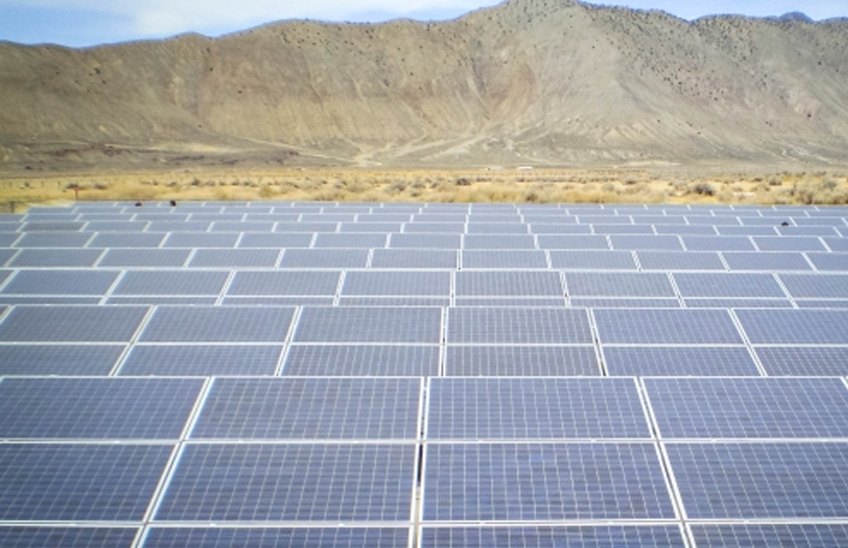
08 | 03 | 2022
As of 2021, around 800 million people across the developing world lack access to electricity. Even though enabling universal access to electricity by 2030 is the UN's Sustainable Development Goal #7, and despite the efforts of many institutions, NGOs, and private parties to reduce energy poverty, achieving this goal remains a costly challenge. Moreover, traditional methods of electricity generation often involve the use of fossil fuels which contribute to climate change.
The researcher Raúl Bajo-Buenestado spoke about this issue in an interview on Radio Africanía: "Three quarters of the 800 million people in the world who lack access to electricity are in Sub-Saharan Africa. We estimate that some 50 billion are needed of investment per year until 2023 to meet the United Nations goal, so I think it will not be achieved, Bajo explained.
The researcher from the University of Navarra has explained that there are different options for generating electricity in developing countries: centralized systems through a national network, decentralized solutions with the location of solar panels in the homes themselves and intermediate ones with generators for supply several towns at the same time.
"We are talking about solar technologies, but also natural gas generators, thermal power plants or dams that allow water to be regulated with hydroelectric plants. We have to see which is the lowest cost alternative in each case, taking into account the available resources, the population density, the existence of its own national network, the needs of the population and the possible conflicts between local and national interests without forgetting the environmental issue", Raúl Bajo has explained on Radio Africanía.
The professor of Economics at the University of Navarra has assured that "a very interesting debate is whether to take advantage of the energy gap to promote more environmental energies in Africa from the beginning, but we must also bear in mind that this is a challenge that maybe it can be too big for these countries".
Lastly, Bajo also explained the research he is leading in Tanzania: "We have seen that in ten years small electricity generation networks have doubled because the national system is precarious and it has been seen that in remote areas decentralized solutions can be a good option. We have also detected that where these small networks have been installed, the light has increased and that means that the population is having greater access to electricity".
